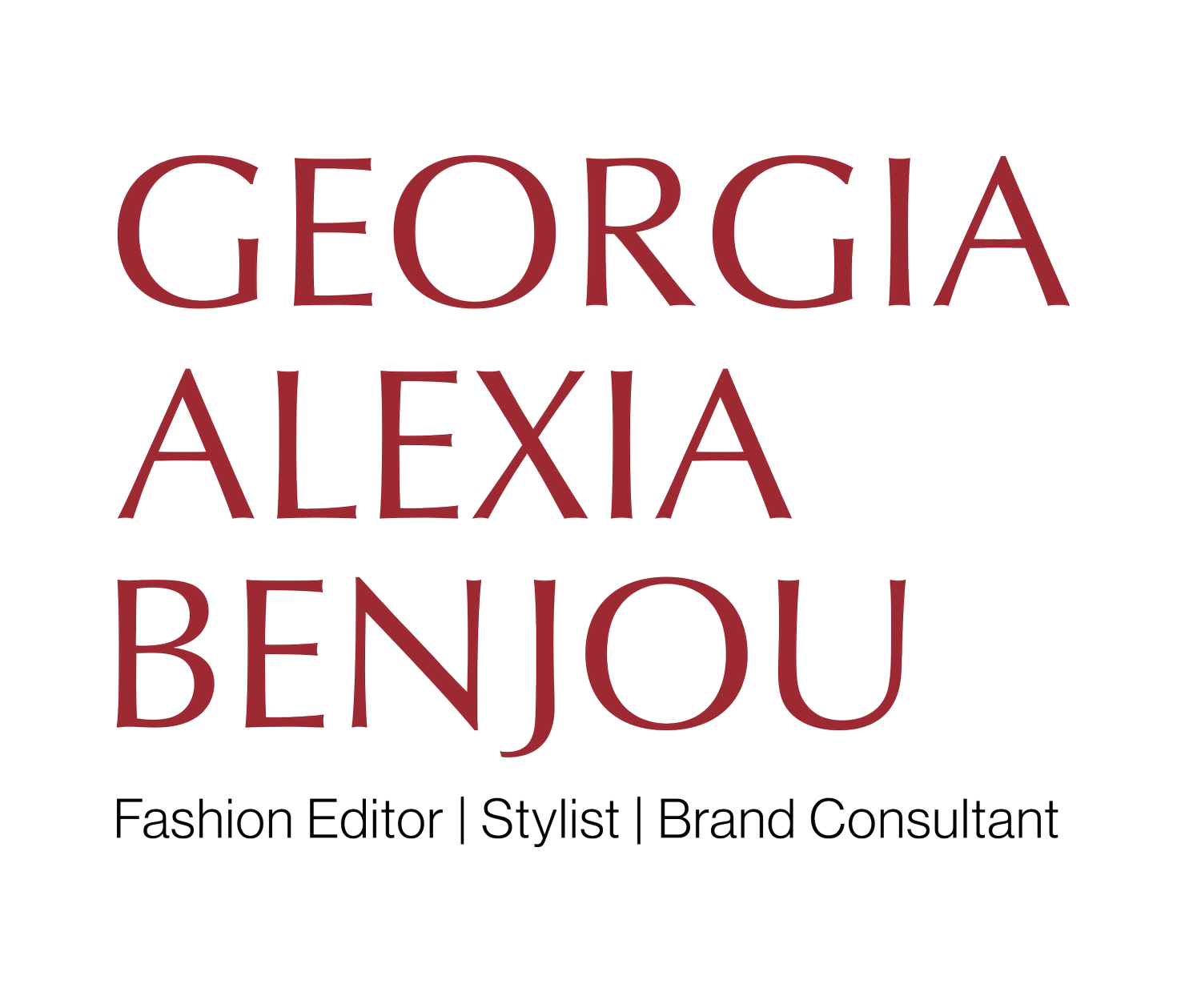Protecting Creatives
As an independent fashion editor and stylist in Denver since returning from NYC in 2002, I have worked on projects for ad agencies, companies and national, international, and regional publications. Unfortunately, some companies are less trustworthy than others, which is why I periodically have dealt with any one of the following issues: Breach of contract, requesting work without compensation, late or no invoice payment, mission creep (or expansion of work outside the contract scope), and unsafe work conditions. Like many freelancers, I did not pursue legal remedies, because of the expense and time it would take and/or fear of retaliation.
Which is why the idea of how to protect myself and other freelance creatives is always top of mind. Of course, there is a national Freelancer’s Bill of Rights that explicitly outlines freelancer rights as protected by the Department of Labor and the IRS. But that’s it on a national level.
New York has been passing a variety of laws to protect workers including the Freelance Isn’t Free act in 2017. This act gives freelance workers specifically the right to a written contract, timely and full payment, and protection from retaliation, while also establishing penalties for violations of these rights. New York state also passed this past June the Fashion Workers Act, which provides labor protections for models and other talent working in the fashion industry by regulating management agencies in the state.
And these are all positive moves forward, but what about creatives who live outside of New York? Models, hair stylists, makeup artists, wardrobe stylists, editors and journalists, photographers and illustrators, producers, and assistants all form the backbone of the creative industry in other states as well. They frequently are the ones financing projects ranging from magazine editorials to advertising shoots, because they do not ask for and are not paid any money up front.
And while many industries have emerged from the Covid pandemic in strong form, independent creatives are still struggling to make a stable career, especially in an economy where inflation has forced housing costs to skyrocket. Whether it is the risk of receiving payments on-time (or not at all) or clients refusing to cover expenses, freelance creatives spend much of their time chasing clients for payment as many freelancers are paid post-60 and post-90 days, and that’s even with diligent follow up on client invoices.
Me styling William H. Macy. Photo courtesy of Grace Martin.
Unfortunately, as more workers have gone freelance, this situation has only become increasingly challenging. For example, because there is no transparency with rates from talent agencies, freelancers underbid each other to get jobs. It has created a race to the bottom in terms of compensation.
Another issue creatives face is the problem of search engines like Google, which are now harvesting content and images from bloggers and artists to train their AI. Currently, the source of the data used in AI-generated search results is not being referenced. This should be an opt-in for website owners – not an opt-out, as UK lawmakers are suggesting in an effort to placate big tech.
Government support for freelance and independent workers is essential because of how they are changing the U.S. workforce. According to McKinsey’s American Opportunity Survey for 2022, 36 percent of employed respondents—equivalent to 58 million Americans—identify as independent workers. That’s up from McKinsey’s estimate of 27 percent in 2016.
And freelancers are expected to be a significant segment of the American workforce in the future. In fact, according to a recent survey by Upwork and Edelman, most of the American workforce will be freelancing in the future:
…basing estimates on the annual growth rates of 4.2% in 2016 and 0.6% in 2017—if the growth rate is close to constant (it’s actually increasing)—projections forecast that 90 million Americans will be freelancing by 2028. (Edelman Intelligence)
With this kind of growth, enacting laws that will protect independent creatives from AI harvesting while guiding companies and employers on contracts, IP rights, compensation - including reasonable rates for revisions and kill fees - and working conditions just makes sense. It also would assist a significant portion of the workforce in advocating for themselves, particularly women. And that’s why after this election cycle, I will be writing my congressional representatives about supporting a national bill that protects freelance workers, like the Freelance Isn’t Free act, as well as a bill restricting AI harvesting of independent blogs and images. As freelancers, our contributions to the economy and culture—and our careers—deserve protection to allow us to thrive as creatives.

